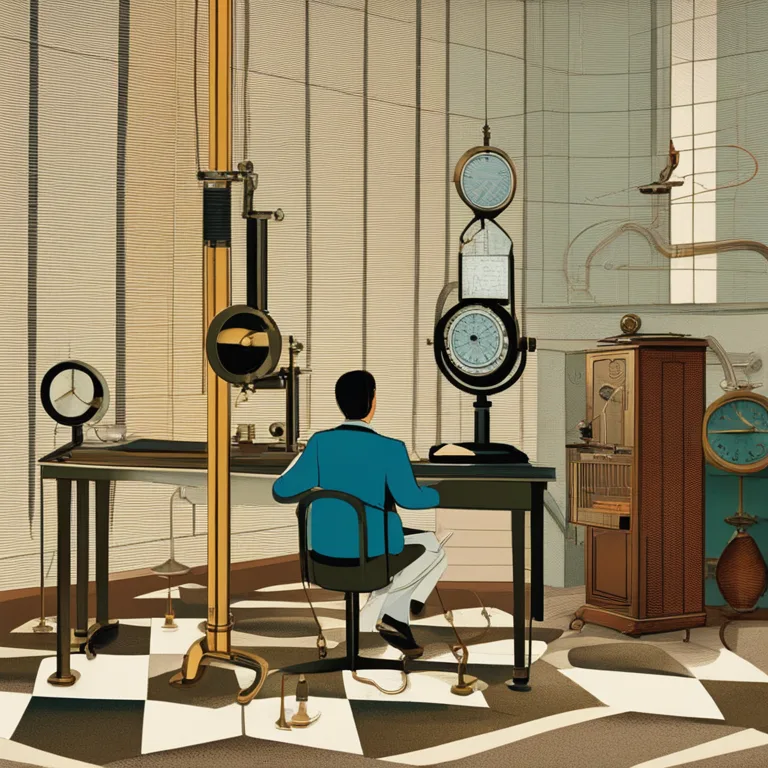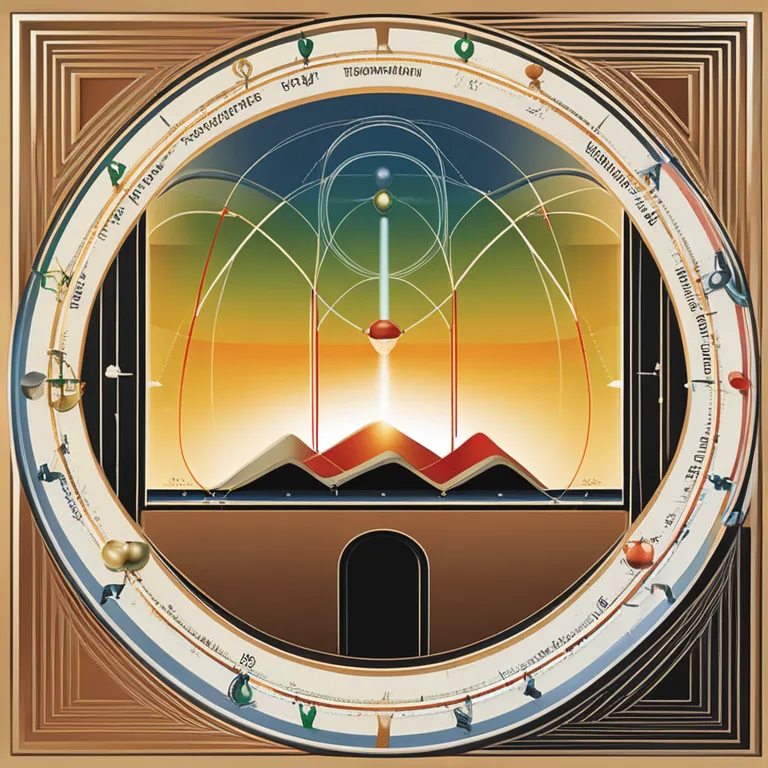
The Reality of Biorhythms: Fact or Fallacy?
Investigate the legitimacy of biorhythms as this article delves into the science and skepticism surrounding these physiological cycles.
article by Adrian Wallace
Introduction to Biorhythms
The concept of biorhythms suggests that our daily lives are influenced by innate biological cycles. Advocates of this idea believe that understanding these rhythms can provide insight into various aspects of human behavior and wellbeing. Originating in the late 19th century, the theory proposes that three primary cycles — physical, emotional, and intellectual — govern our bodies. As we venture further into the age of personalized health and wellness, the relevance of biorhythms is often contested. This article examines the current understanding and the debate about the reality of biorhythms.

Biorhythm Theory and Its Components
Biorhythms are believed to start from birth and continue in a predictable pattern throughout life. The physical cycle, with a period of 23 days, supposedly influences strength, coordination, and well-being. The 28-day emotional cycle purportedly affects mood, creativity, and sensitivity. Lastly, the 33-day intellectual cycle is said to sway analytical thinking, learning, and reasoning. Each cycle oscillates between positive and negative phases, with a day of critical transition at the midpoint. This framework has been used to predict individual performance and disposition on any given day.

The Intersection with Modern Technology
In the era of wearable technology and big data, interest in quantifying personal health metrics has surged. Companies are integrating biorhythm calculations into apps and devices, promising users personalized insights based on these cycles. Despite the attractive idea of optimizing life using biological rhythms, it's essential to scrutinize the scientific backing of these claims. Both empirical studies and scientific reviews have challenged the validity of biorhythmic patterns, often classifying them alongside pseudoscientific concepts.

Scientific Scrutiny of Biorhythms
Although the idea of biorhythms resonates with intuitive notions of "biological clocks," their scientific acceptance is lacking. Various research efforts fail to find consistent, replicable evidence supporting the proposed cycles' existence or influence. Critics argue that what people experience as biorhythms may instead be confirmation bias, where one selectively notices events that conform to expected outcomes. Moreover, the individual variability in physiology and lifestyle makes it difficult to universalize such rhythmic patterns.

The Psychology of Rhythms in Human Life
There is no denying that humans experience cycles in their lives, from sleep patterns to hormonal fluctuations. However, these are not necessarily synchronized in neat, predictable packages as biorhythm theory suggests. The psychological appeal of biorhythms lies in their simplicity and the control they promise over one's destiny. But it's important to recognize the function of validated chronobiological phenomena, such as the circadian rhythm, and differentiate them from unproven concepts like biorhythms.
The Future of Biorhythm Research
Despite skepticism, research into human physiological cycles continues. Advancements in science might one day lead to a nuanced understanding that could substantiate aspects of biorhythm theory or reveal new insights into human physiology. Until then, individuals interested in biorhythms are encouraged to maintain a critical perspective and rely on proven health and wellness strategies. It is equally important for proponents of biorhythms to remain open to empirical evidence that both supports and challenges their convictions.
Published: 12/28/2023
Modified: 12/28/2023
More predictions
Come back here soon to learn more about yourself and your future


Navigating Biorhythm Cycles
Explore the concept of biorhythms, their cycles, and examples of how they influence our daily lives.


The Reality Of Biorhythm Compatibility
Unravel the truth behind biorhythm compatibility and its role in personal relationships and daily life.


Biorhythm Theory: Fact Or Fallacy?
Explore the fascinating concept of biorhythms to discern if there's any scientific accuracy behind this popular belief.